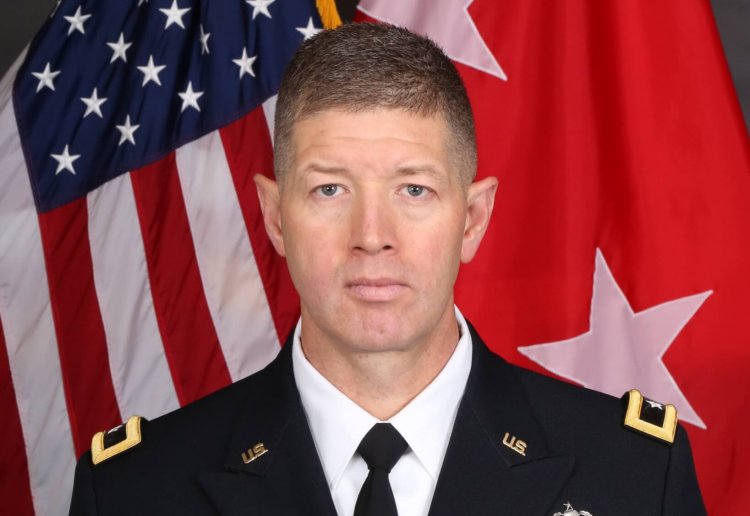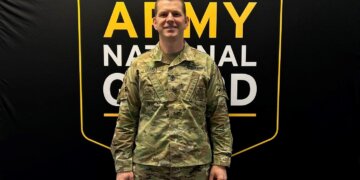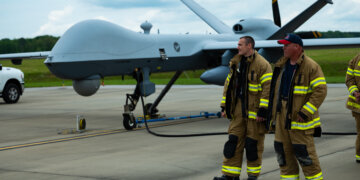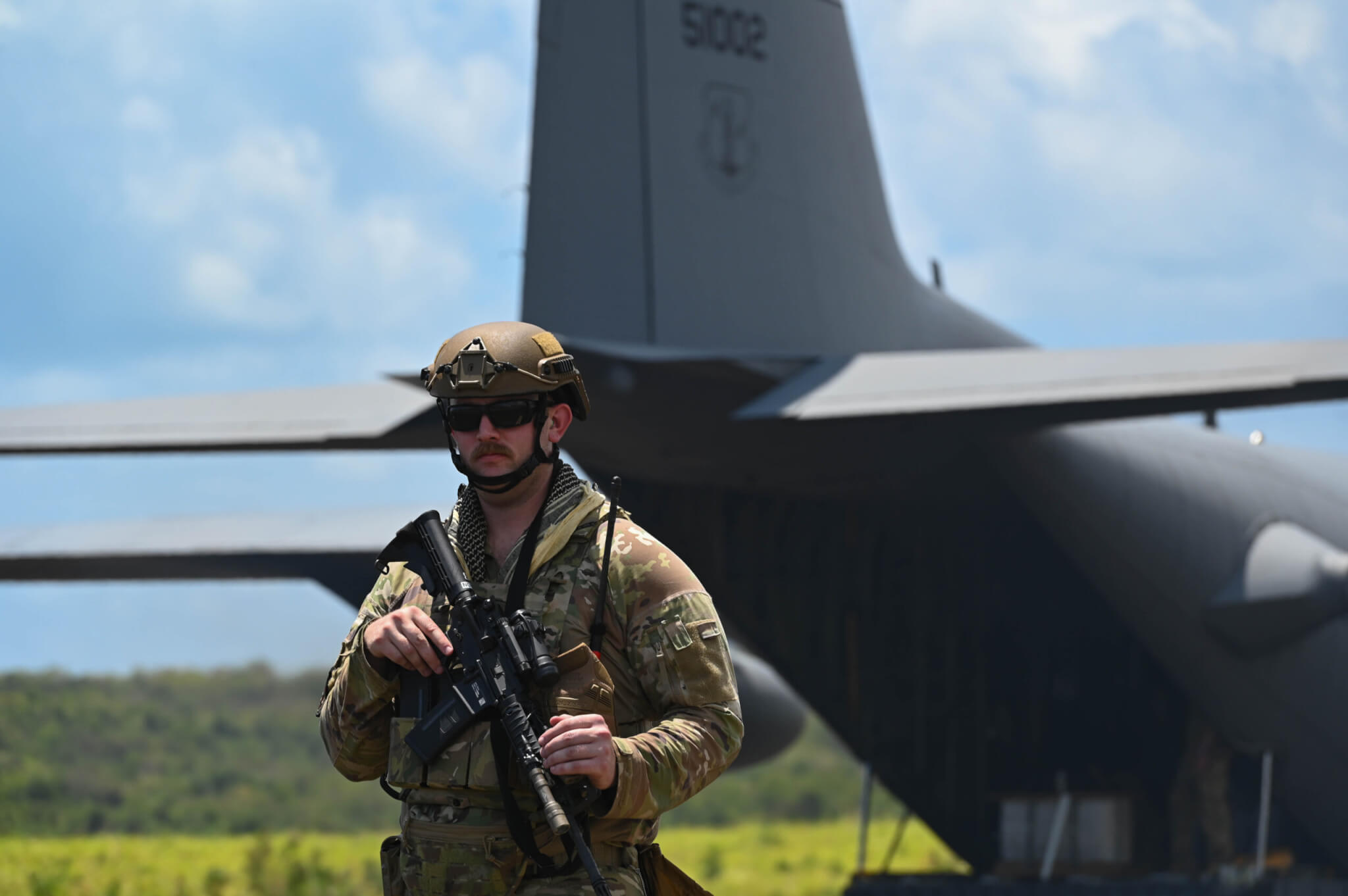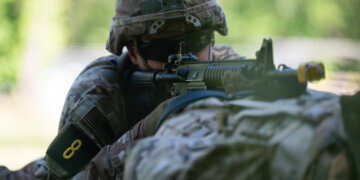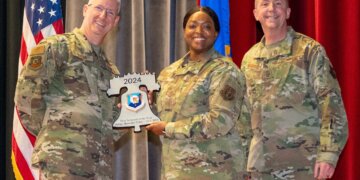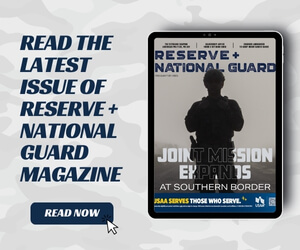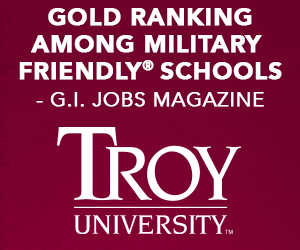The deputy commanding general for Army National Guard in U.S. Army Europe and Africa said he is focused on “forward progress” with allies and partners as relationships “start gaining momentum again.”
Maj. Gen. Joe Jarrard stepped into his current role after initially gaining international experience as adjutant general of Georgia National Guard. Under his leadership, the unit expanded its partnerships to include Argentina — in addition to a 24-year relationship with the country of Georgia. He says that work with the National Guard Bureau’s State Partnership Program helped him to understand “the role we played underneath EUCOM’s strategic umbrella.”
“I understand that relationship between the states and their country partners and so it just helps me be able to facilitate those relationships — now, COVID put a stop on all of that for about a year-and-a-half but … adjutant generals started making their first trips this summer to reignite those relationships,” he said. “It’s really nice for them to be back on the continents to start gaining momentum again with that program because it really is a game changer.”
The two commands, U.S. Army Europe and U.S. Army Africa, consolidated in 2020. As part of the rotational deployment of forces, personnel from various units work with international counterparts through ongoing training events, like Atlantic Resolve and DEFENDER Europe. Jarrard says interoperability is key.
“Interoperability is one of the keys that we focus on in all that we do because we have to be able to communicate,” he said. “Now, I think interoperability has a lot of different levels to it. At the high end we’ve got our systems and radios and communication suites that have to be able to talk to each other — and we work that throughout all of our exercises. … At the lower level, soldier to soldier and the language piece, that’s why we do exercises; that’s why we work with all of our international partners as often as we can.”
Since assuming his duties in 2019, Jarrard said he has been “proud” of how U.S. forces engage with international peers — something he attributes to “good culture, good leadership.”
Jarrard’s long career has included its own transitions, starting with a commissioning in the U.S. Army in 1988. He served on active duty for 20 years, according to his official biography, with operational deployments in support of Operation Iraqi Freedom in 2003 and 2005. His advice for soldiers and airmen looking for upward trajectory in the military is simple: know your job and be a lifelong learner.
“They need to know their job. It’s not about waking up and existing and just getting by; they need to be experts at what they do. And as they become experts at what they do, one, they’re more proficient at it, two, they can be better leaders because they understand what their unit is supposed to do and the role they fit into with that mission,” Jarrard said. “As they gain that experience, and mature and grow in uniform, they can understand the bigger picture as well.”
Read comments


